Away
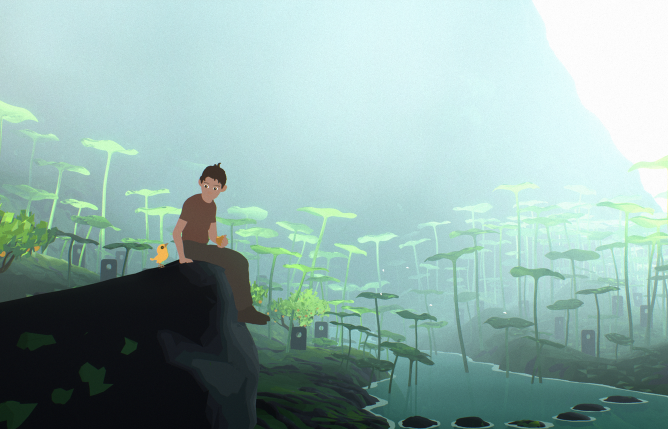
Silence and dust: the film opens in a quiet and lonely fashion. There’s a lighthearted feel to this introduction, weighted down by scintillating specs of orange and brown. Creaking noises slip in as the camera pans closer to the main protagonist: a boy hanging by his parachute on a tree. Written, produced and scored by Gints Zilbalodis, Away is a digital masterclass of animation. With tonal traces similar to In This Corner of the World and Your Name, each separate aspect of the picture’s journey is divided through different chapters with their own unique adventures and satisfying endings.
Zilbalodis uses shadows and colours to shift between scenes and compose the perspective of individual frames. This creates a seamless transition as backdrops pass by. One favourite example is how specific predominant hues differentiate the narrative of each segment. Overall, the art is wonderful, showcasing the beauty of nature in its simplest form. When they leave the screen, viewers will feel the heavy sense of loss that the animator set out to capture successfully. The collection of styles and textures used – from blobs of paint and watercolours, to digital mosaics and gradients – highlights a galaxy of potential for this kind of filmmaking.
While its aesthetics are not too elaborate, the storytelling is extremely intricate. A motorcycle found by the boy early on structures the rest of his journey. He loses this guide, however, as soon as he’s back within reach of civilisation. There is symbolism within the feature’s motif of half rings, and overt parallels from beginning to end. The unnamed lead is an incredible protagonist despite his lack of dialogue. Each of his actions – and every sight his big brown eyes behold – indicates a complex thought and sense of feeling. His relationship with nature – especially with the animals he protects – expresses something more human than most animated movies can ever hope to convey.
This wordless wonder is only possible because of the diaphanous and constant thrum of uplifting moments created by the score. It evokes the same kind of ambience and world-building as that of John Powell’s work on the How to Train Your Dragon series. The multifaceted composition expresses flashes of uncertainty in its tone, and it works well with the sensory sound effects. Every ripple of water, drop of rain, small breath of the wind and crunch of earth can be heard, yet the stillness of the backing track remains undisturbed.
Mae Trumata
Away is released digitally on demand on 18th January 2021.
Watch the trailer for Away here:


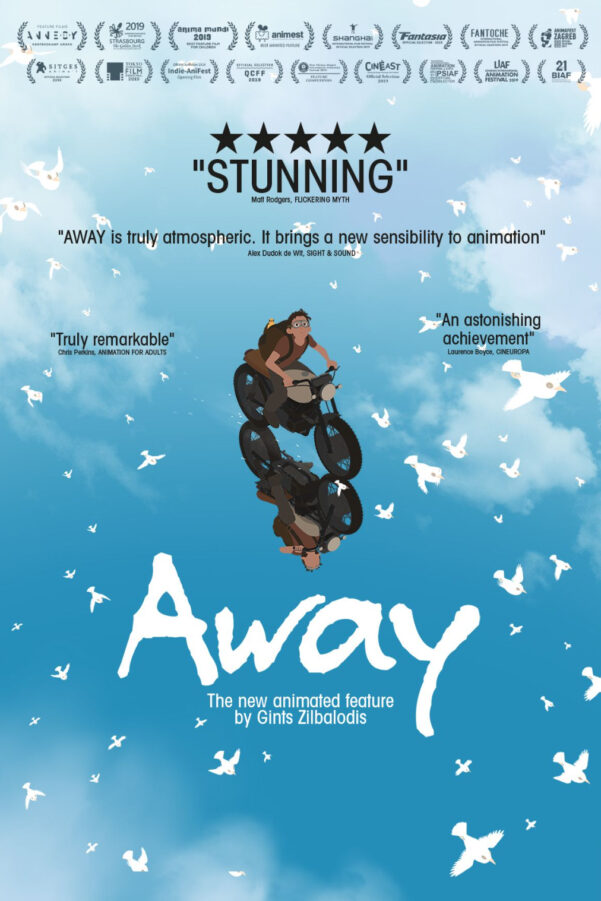
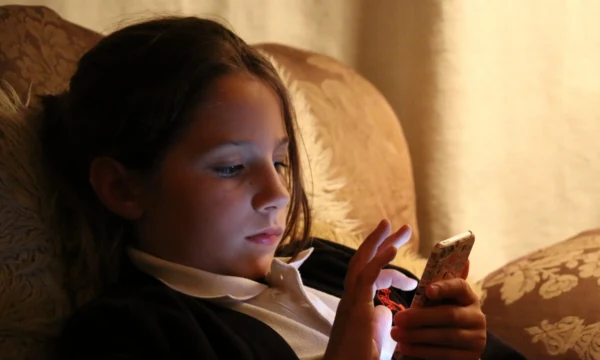
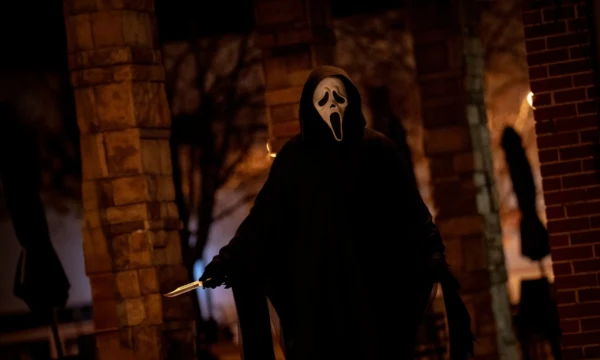
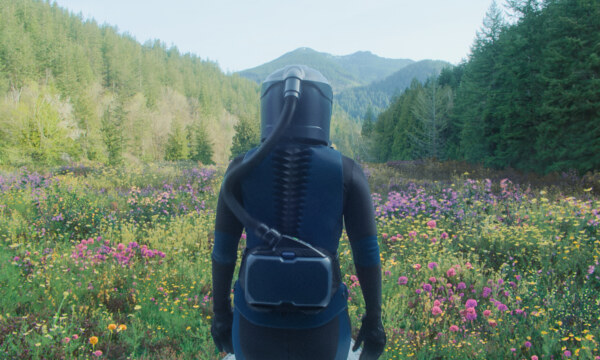
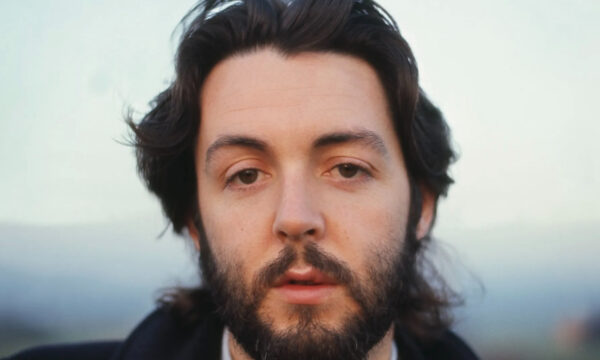
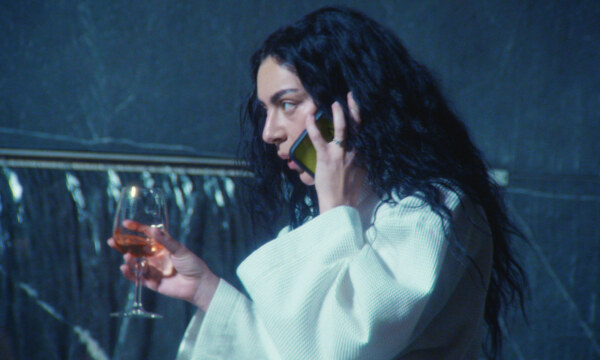
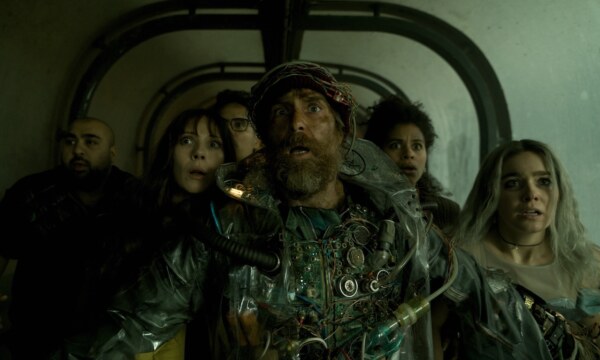
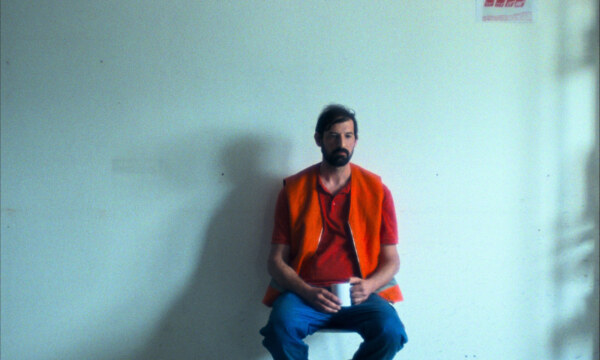

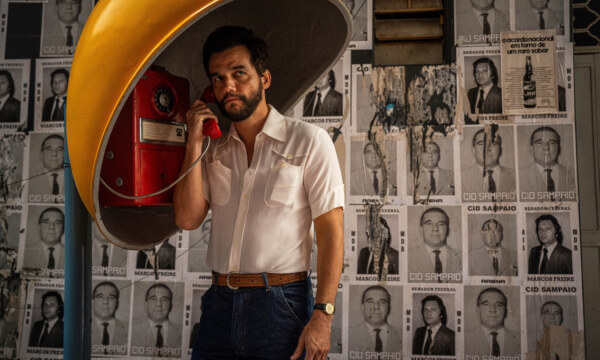












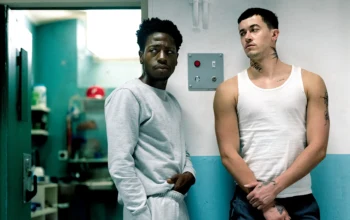

Facebook
Twitter
Instagram
YouTube
RSS